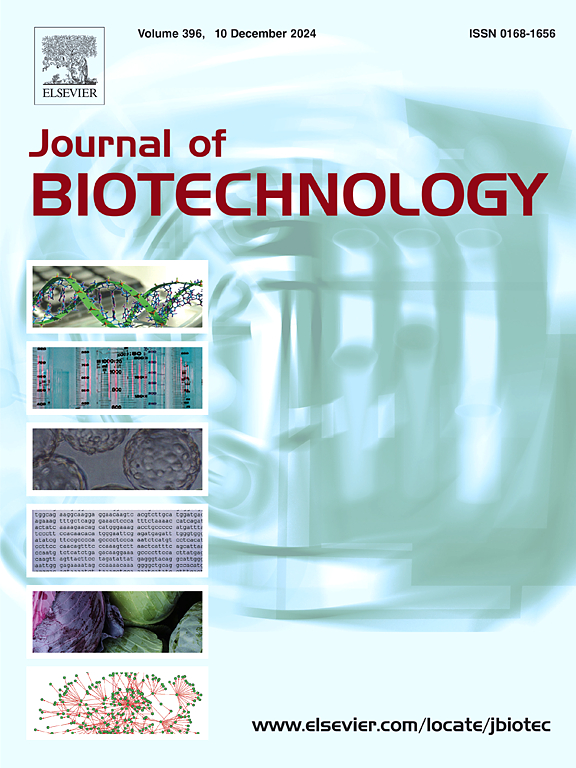通过细菌成分和药物递送方法,从传统到基于细菌的癌症治疗:临床前、临床和未来进展。
IF 3.9
2区 生物学
Q2 BIOTECHNOLOGY & APPLIED MICROBIOLOGY
引用次数: 0
摘要
癌症是目前无法战胜的冲突之一,尽管有大量可用的治疗方法。化疗、放射治疗和手术等传统治疗方法已经使用多年,但它们不足以治疗晚期肿瘤。小分子、超分子复合物、修饰免疫细胞和基于植物的药物都对癌症治疗的重大改进做出了贡献。然而,某些不受欢迎的活动和障碍即将出现。为了克服这些问题,最近在临床前和临床环境中开始了基于细菌菌株的癌症治疗研究。在这种情况下,许多菌株被用于基因改造后或作为一个创新的和智能的输送系统。在这篇文章中,我们回顾和讨论了几种具有抗肿瘤和抗癌特性、免疫治疗特性的细菌成分及其产物,如内毒素、肽等,以及转基因菌株作为治疗性药物递送剂在癌症治疗或与其他癌症治疗联合使用。在这里,国家的最新进展,这些治疗的缺点,并在细菌为基础的治疗未来的进展也进行了讨论。本文章由计算机程序翻译,如有差异,请以英文原文为准。
Conventional to bacteria-based cancer therapy through bacterial components and drug delivery approaches: Pre-clinical, clinical, and future progression
Cancer is one of the current unwinnable battles, despite the abundance of treatments available. Traditional treatments like chemotherapy, radiation therapy, and surgery have been used for many years, but they are insufficient against advanced tumors. Small molecules, supramolecular complexes, modified immune cells, and plant-based molecules have all contributed to significant improvements in cancer therapy. However, certain undesirable activities and obstacles are on the horizon. To overcome such problems, research into bacterial strain-based cancer therapy has recently begun in both preclinical and clinical settings. In this context, many bacterial strains are used after genetic modification or as an innovative and smart delivery system. In this review, we have discussed several bacterial components with anti-cancerous properties, immunotherapeutic properties, and their products, such as endotoxins, peptides, etc., as well as genetically modified bacterial strains as therapeutic drug-delivery agents in cancer treatments. Herein, state-of-the-art advances, shortcomings of these therapies, and future advancements in bacteria-based therapies have also been discussed.
求助全文
通过发布文献求助,成功后即可免费获取论文全文。
去求助
来源期刊

Journal of biotechnology
工程技术-生物工程与应用微生物
CiteScore
8.90
自引率
2.40%
发文量
190
审稿时长
45 days
期刊介绍:
The Journal of Biotechnology has an open access mirror journal, the Journal of Biotechnology: X, sharing the same aims and scope, editorial team, submission system and rigorous peer review.
The Journal provides a medium for the rapid publication of both full-length articles and short communications on novel and innovative aspects of biotechnology. The Journal will accept papers ranging from genetic or molecular biological positions to those covering biochemical, chemical or bioprocess engineering aspects as well as computer application of new software concepts, provided that in each case the material is directly relevant to biotechnological systems. Papers presenting information of a multidisciplinary nature that would not be suitable for publication in a journal devoted to a single discipline, are particularly welcome.
 求助内容:
求助内容: 应助结果提醒方式:
应助结果提醒方式:


